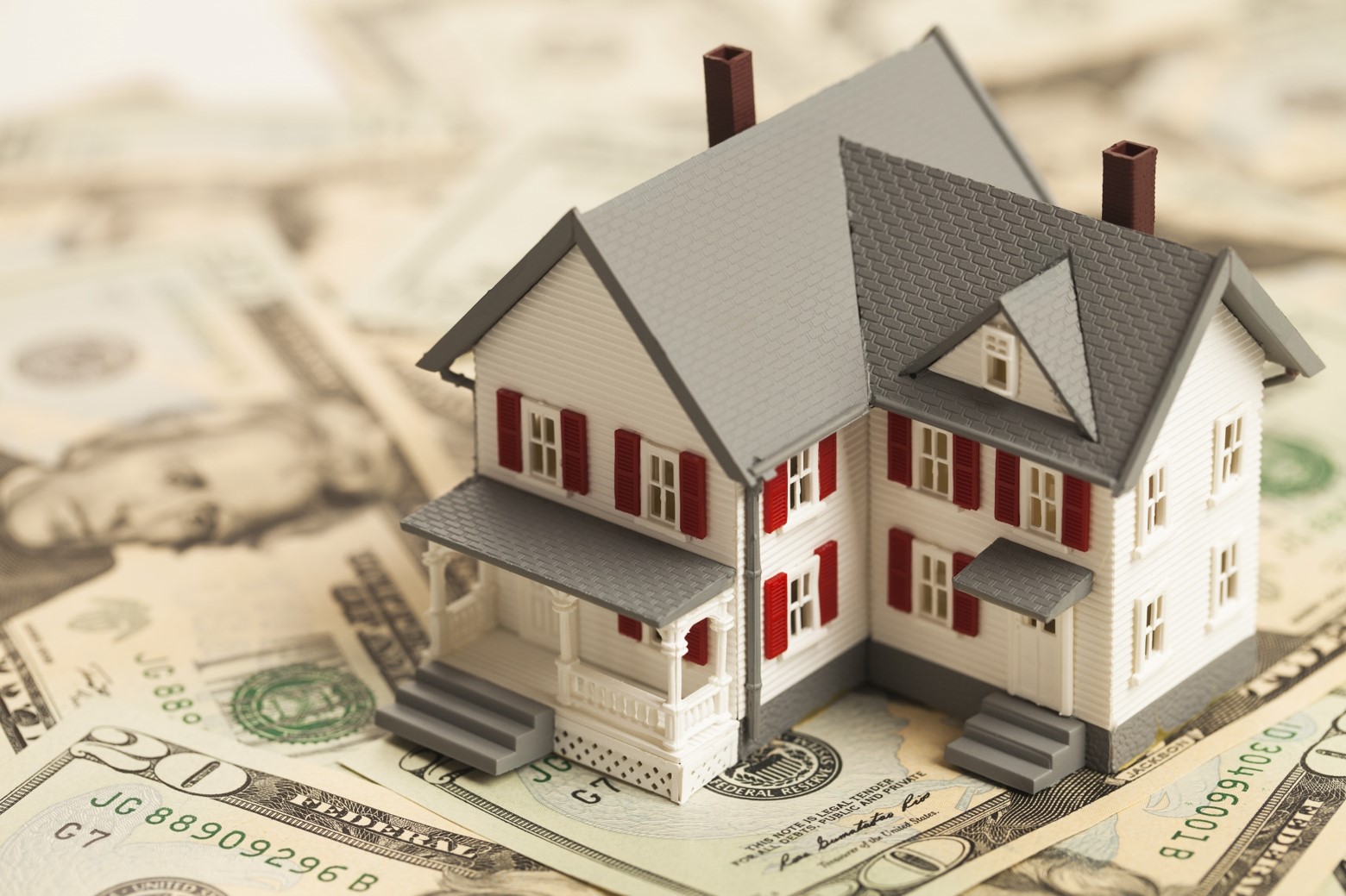Is a Home an Investment?
From one perspective, the answer is yes; from another, no.
 When you buy a home, are you investing? If you buy it to flip it or buy it as a rental property, the answer is yes. If you buy a home simply to live in it, the answer may be no.
When you buy a home, are you investing? If you buy it to flip it or buy it as a rental property, the answer is yes. If you buy a home simply to live in it, the answer may be no.
Your home is an expression of your lifestyle, a wonderful setting for your life, and a place you can enjoy in privacy and comfort. As an investment, though, it is essentially illiquid, and its rate of return is no sure thing.
Home values do not automatically increase with time. Buyers learned that lesson in the Great Recession. Simply using the S&P/Case-Shiller home price index as a barometer, house prices today are roughly where they were in 2007 – it has taken the residential real estate market that long to recover from the mortgage meltdown.1
Through the decades, real estate values have risen, and they will probably keep rising for the near term – but perhaps, not as quickly as some buyers hope. Why, exactly?
Home prices are inexorably linked to wages. Over the past year, hourly earnings have grown 2.5%. This has mystified many economists and frustrated others. Normally, when the jobless rate is below 5%, you have much greater wage growth. Six months before the start of the Great Recession (March 2007), the unemployment rate was 4.4% (right where it is now), and wages were growing at 4.2% a year.2,3
Ideally, wage growth keeps pace with rising real estate values. That is not happening now. Across the past year, the 20-city S&P/Case-Shiller home price index has shown home values appreciating at a rate of between 5.5-6% annually. If real estate values continue to climb 6% per year and wages rise just 2.5%, you will soon see buyers priced out of the market – unless, of course, home prices drop because sellers can no longer get the prices they want. That is something prospective sellers (and buyers) ought to keep in mind, plus some other truths.4
The fact is, stocks have appreciated more than real estate in the long run. Through the decades, home values have increased about 4% annually and stocks have increased about 10% annually (albeit with some remarkable year-to-year volatility).1
Stocks do not need upkeep. You will never need to tear out, reroof, or repaint a portfolio. Houses need all kind of repairs with time, and repair costs can eat into your gains. You must also pay property taxes. If you envision your home as an income-producing asset, that means playing landlord on some level. Many homeowners are not ready to take that step.
Remember that home values tend to rise gradually. If you see your home as an investment, see it as a long-term one. Staying put ten years or more before selling or trading up could help you realize the kind of financial outcome you want.

